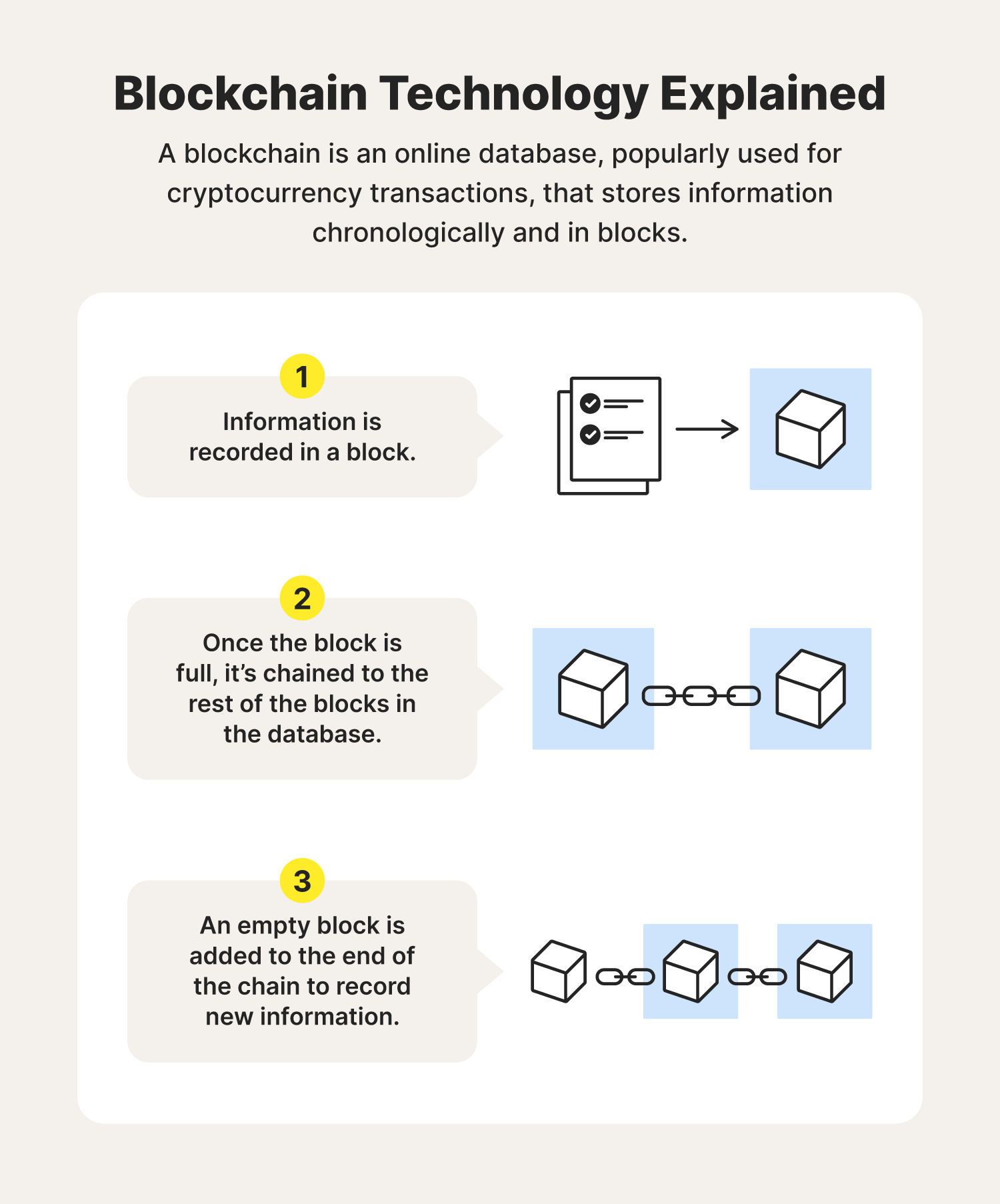Blitz News Digest
Stay updated with the latest trends and insights.
Blockchain: The Trust Machine Revolutionizing Everything
Discover how blockchain is reshaping trust and transforming industries in unexpected ways. Dive into the revolution now!
Understanding Blockchain: How This Trust Machine Works
Blockchain is often referred to as a 'trust machine' because it provides a transparent and secure method for recording transactions. At its core, a blockchain is a decentralized ledger that stores data across a network of computers. This technology ensures that once information is added, it is nearly impossible to alter without the consensus of the network. Transactions are grouped into blocks, which are then cryptographically linked to form a continuous chain. This structure not only enhances security but also fosters trust among participants, eliminating the need for a central authority.
Understanding how blockchain works involves grasping key concepts such as decentralization, consensus mechanisms, and smart contracts. Decentralization distributes control across all network participants, enabling a more democratic process. Consensus mechanisms, such as Proof of Work and Proof of Stake, determine how transactions are validated, ensuring all participants agree on the current state of the blockchain. Additionally, smart contracts are self-executing contracts with the terms directly written into code, allowing for automated and trustless transactions. Together, these features make blockchain a revolutionary technology that is poised to impact various industries.

The Impact of Blockchain on Industries: A Game Changer
Blockchain technology is revolutionizing the way industries operate by enhancing transparency, security, and efficiency. From finance to healthcare, the immutable ledger system reduces the need for intermediaries, allowing for faster transactions and better data integrity. For example, in the banking sector, blockchain facilitates cross-border payments and minimizes fraud risk, providing a more secure framework for global finance.
Moreover, industries such as supply chain management and real estate are witnessing transformative changes thanks to blockchain's ability to streamline operations and improve traceability. By using blockchain to track products from origin to consumer, businesses can enhance accountability and reduce losses due to counterfeit goods. Overall, the impact of blockchain extends beyond mere technology; it represents a fundamental shift in how industries conceive and implement their operational strategies.
Is Blockchain the Future of Trust in Digital Transactions?
The advent of blockchain technology has sparked a transformative wave of change in how we perceive trust in digital transactions. Traditional systems often rely on centralized authorities to validate exchanges, which can lead to issues of transparency, fraud, and reliance on intermediaries. In contrast, blockchain operates on a decentralized network where each transaction is recorded on a public ledger, visible to all participants but immutable by any single entity. This inherent transparency is one of the key characteristics that positions blockchain as a potential cornerstone for future digital trust.
Moreover, the security features embedded in blockchain technology cannot be overstated. Each transaction is encrypted and linked to the previous one, forming a secure chain that is nearly impossible to alter without consensus from the network. This reduces the chances of fraud and builds a trustworthy environment where users can engage in transactions confidently. As businesses and consumers begin to recognize the efficacy of blockchain, it is likely that we will see an increasing shift towards this technology, making blockchain the future of trust in digital transactions.